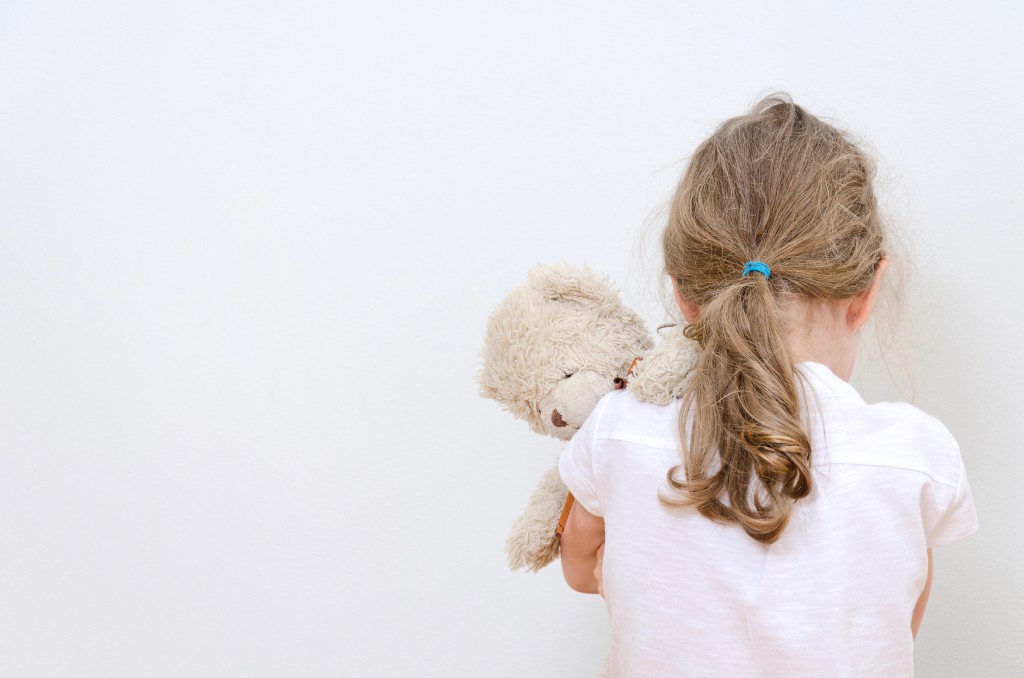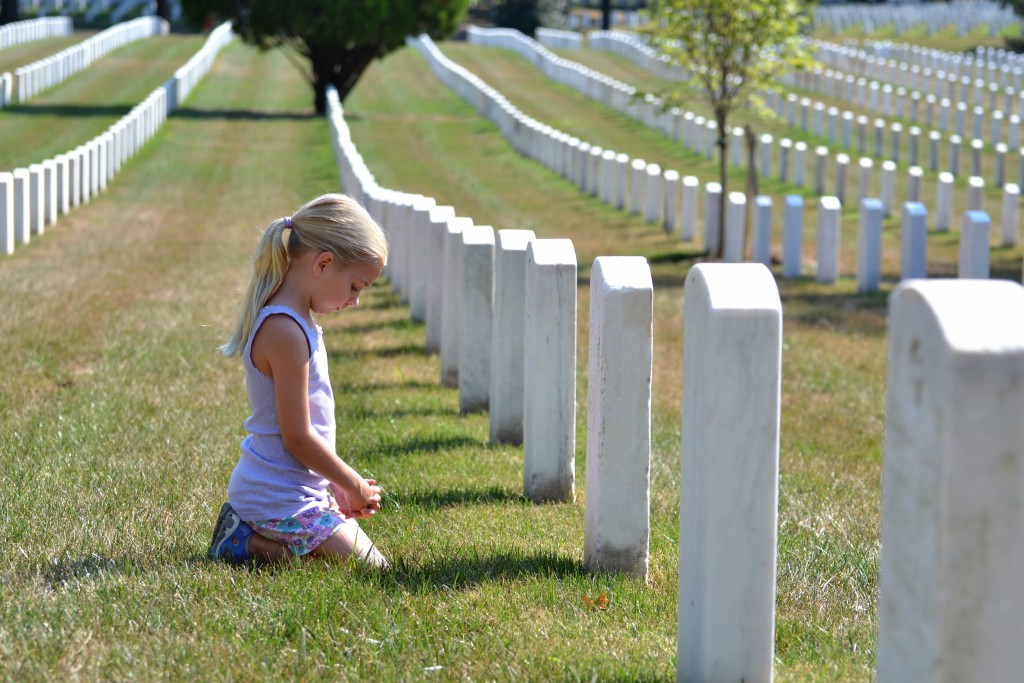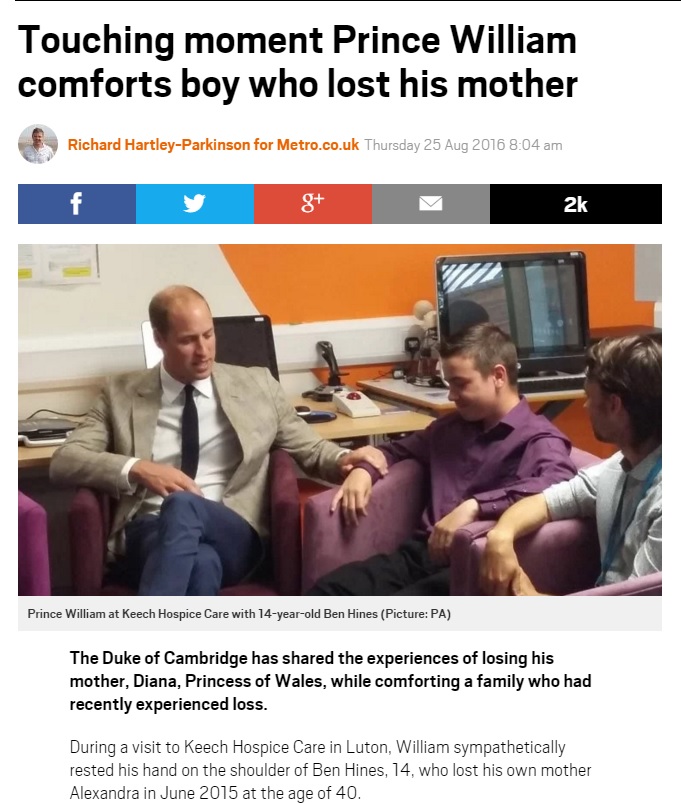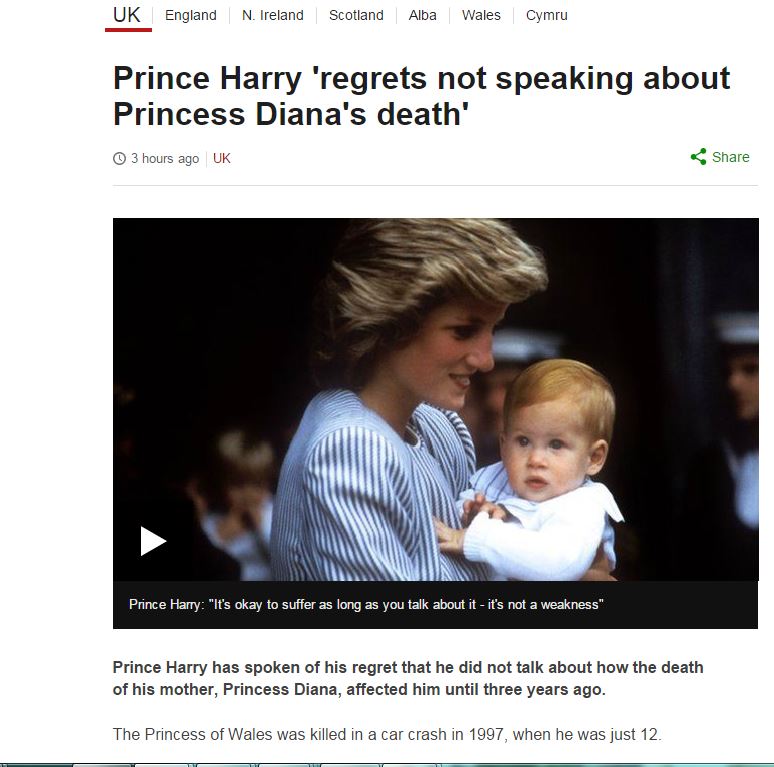This month Prince Harry hosted an event with Heads Together, a mental health charity. In front of sports stars and the press he revealed how much he regretted the fact that he had not opened up earlier about the death of his mother, Princess Diana. Then only on Friday Prince William talked about how he dealt with loss when comforting a 14-year old boy at a hospice that supports youth bereavement. The headlines in both cases were very poignant and would tug at anyone’s heart strings. But more importantly it points to our attitude of overlooking how children deal with bereavement.
According to Grief Encounters, a mental health charity dedicated to helping bereaved children, 1 in 29 children in the UK under the age of 16 will suffer the death of a parent. There is rising evidence to show that children are affected by trauma, but as they are at the beginning of emotional development they don’t have the tools to understand nor deal with such complex feelings.
To be a child is a beautiful thing. Innocence, simplicity, not a care in the world; it’s no wonder a whole literary movement celebrated the childlike state, (FYI the Romantic poets of the Eighteenth Century). So how do we square this precious fleeting phase of our lives with the trauma of losing a loved one? Most people remark on how resilient children are, but what they fail to notice is that children don’t really register loss until their emotional development has gone a bit further.
I can only talk from experience; at the age of nine I suffered a traumatic loss in my childhood- the death of my mother to colon cancer. I could not really remember being scarred by her death as a child. I remember the sadness, the Macmillan nurses’ visit, jaunts to St Luke’s hospice and then the knowledge that she was gone. But to really know what gone forever is, I don’t think I ever got to grips with that. And now I am paying the price.
I am in my 8th year of therapy. It is something that I should have done 23 years ago. But at 9 years old I did not sense anything was wrong and because I seemed to be OK it was assumed that I was OK.
Back then counselling for children rarely existed. Indeed very little consideration was given to their emotional states. My father didn’t even give it a second thought. His approach was to stabilise us in terms of getting a good education and soldiering on. But it is a very dangerous thing to ignore a child’s feelings or assume they are naturally resilient.
Today my therapist is always picking away at that nine-year old me even though the reason I am seeing her is due to ending a relationship and abysmal job (one of many that I have had). She tells me it’s all connected; my inability to sustain relationships, constant fear and anxiety, low self-esteem. They are all part of my overwhelming fear of abandonment. A fear caused by being abandoned by the one significant figure in anyone’s life.
Yes I know she didn’t abandon me but that is how my 9 year old brain interpreted it. I spent many years dreaming that she had left us for another family. In my dream, she would suddenly rock up on our doorstep one day and just be back in the family. The dream felt great, it felt like we were back together now as a normal family. And then I wake up and realise it wasn’t true. She is still gone.
I spent many years dreaming that she had left us for another family. In my dream, she would suddenly her rock up on our doorstep one day and just be back in the family. The dream felt great, it felt like we were back together now as a normal family. And then I wake up and realise it wasn’t true. She is still gone.

*************************************************************************
At first it annoyed me. I just couldn’t understand why something that happened 23 years ago, is only now just showing up. It is even worse when people also question why I am still feeling sad since I lost Mum so long ago. I blamed myself for allowing it to affect me. It made me feel weak. But when I meet others who lost a loved one say that they can relate, I realise that it isn’t my fault. I suffer relationship breakdowns like the way you grieve for the loss of a person. Why? Because I am subconsciously repeating the loss of my mother right the way through, applying it to all forms of relationships. This apparently is a common event for those in my situation.
Session after session, I realise that by never having the chance to really grieve in my youth, the trauma lay dormant only to take root once I got into my teen years and beyond. And by the time it became more acute, a lot of damage had been done.
Session after session, I realise that by never having the chance to really grieve in my youth, the trauma lay dormant only to take root once I got into my teen years and beyond. And by the time it became more acute, a lot of damage had been done.
According to Grief Encounters, a mental health charity dedicated to helping bereaved children, 1 in 29 children in the UK under the age of 16 will suffer the death of a parent. There is rising evidence to show that children are affected by trauma, but as they are at the beginning of emotional development they don’t have the tools to understand nor deal with such complex feelings. That is why they appear OK. But as the teen years advance and they face more adult issues, the loss comes to the surface and sometimes in a very painful way.
I can’t help that there was never any support for me back then. But I am so glad to see charities and role models such as Prince William and Prince Harry springing up. I feel every child’s grief and will for the rest of my life. And now that we acknowledge childhood loss, it is so crucial to make sure our children get as much love and support as they make sense of their loss and grief.





No Comments